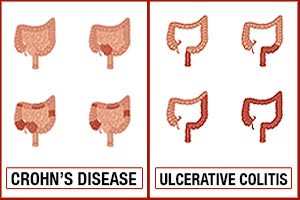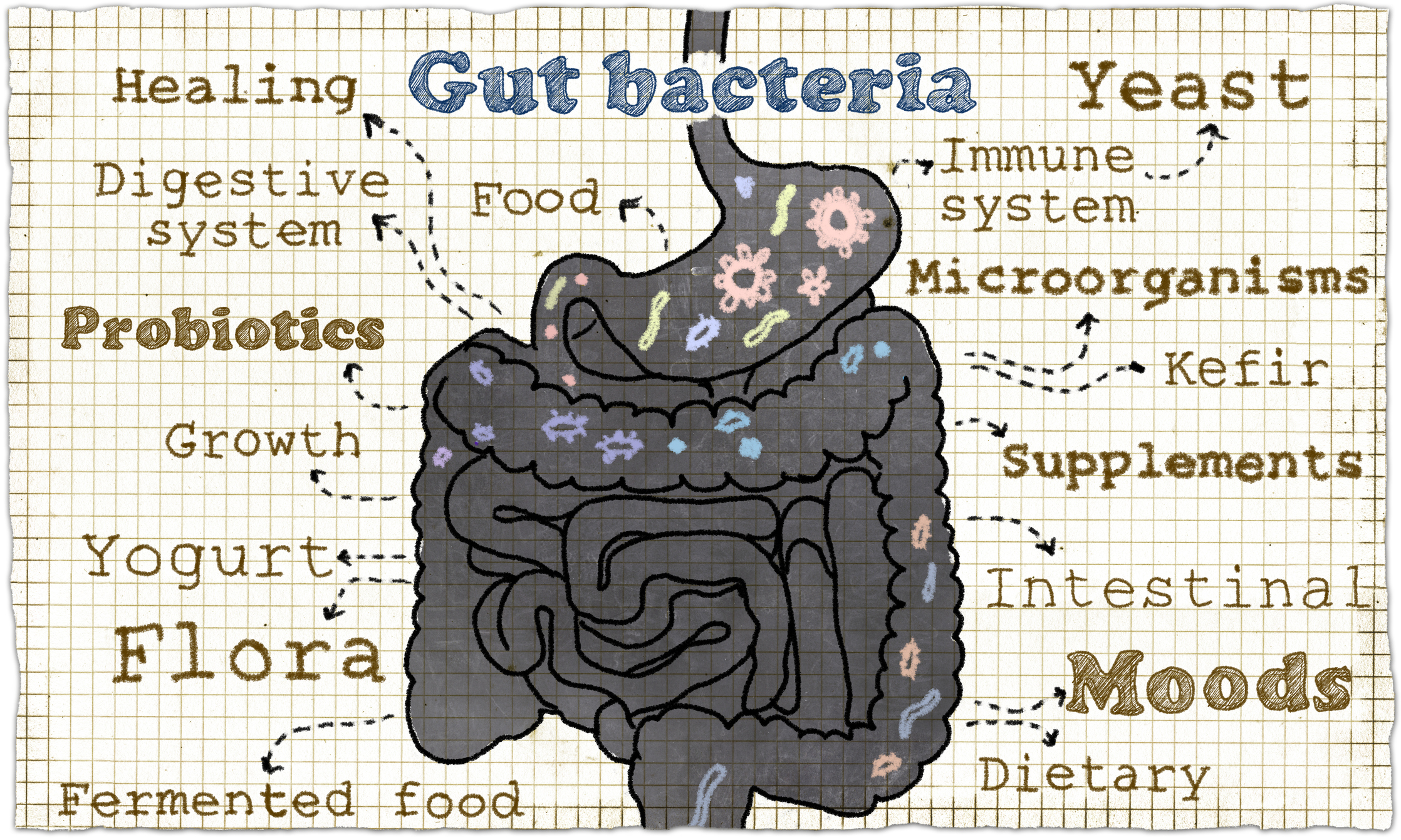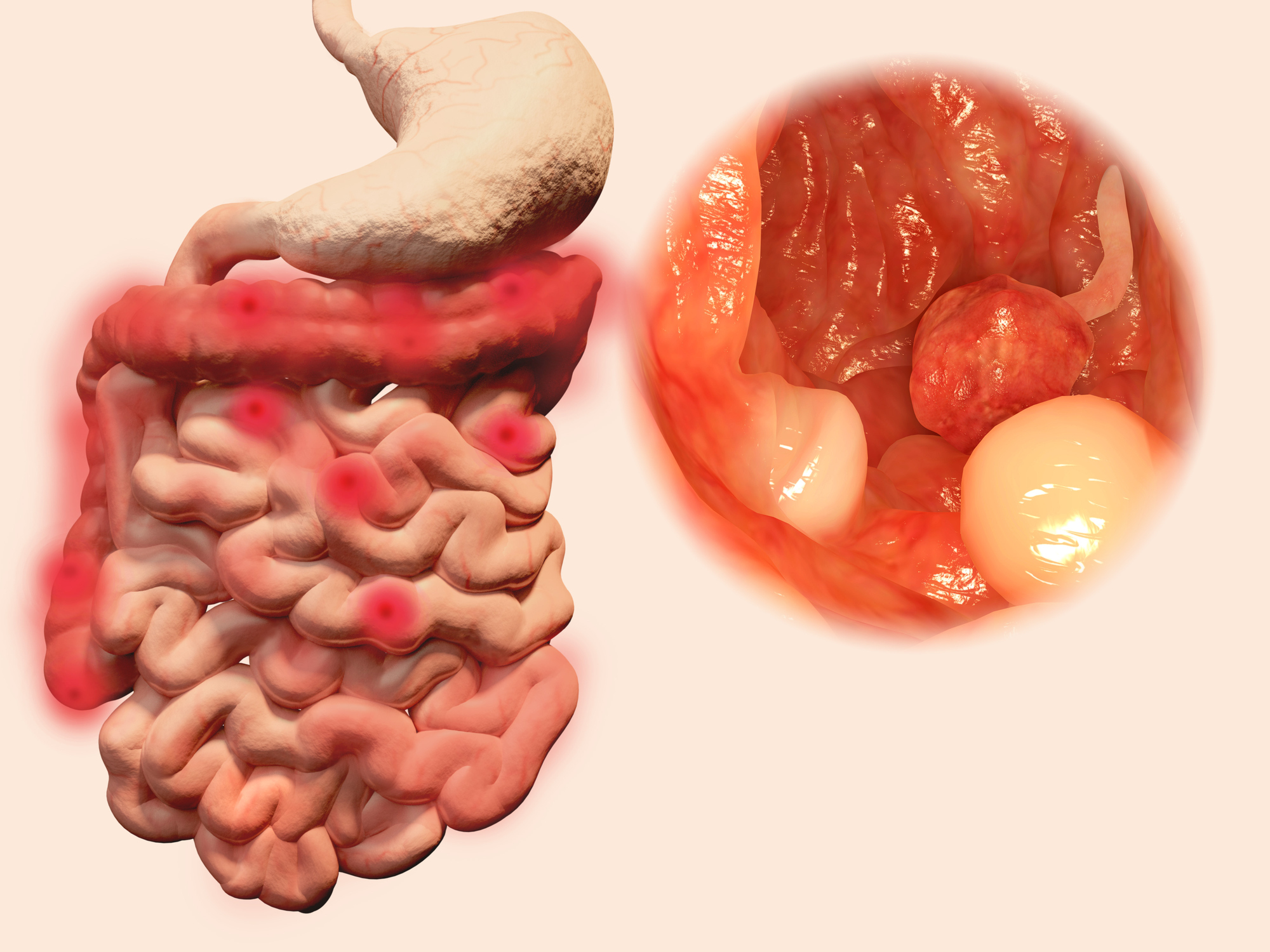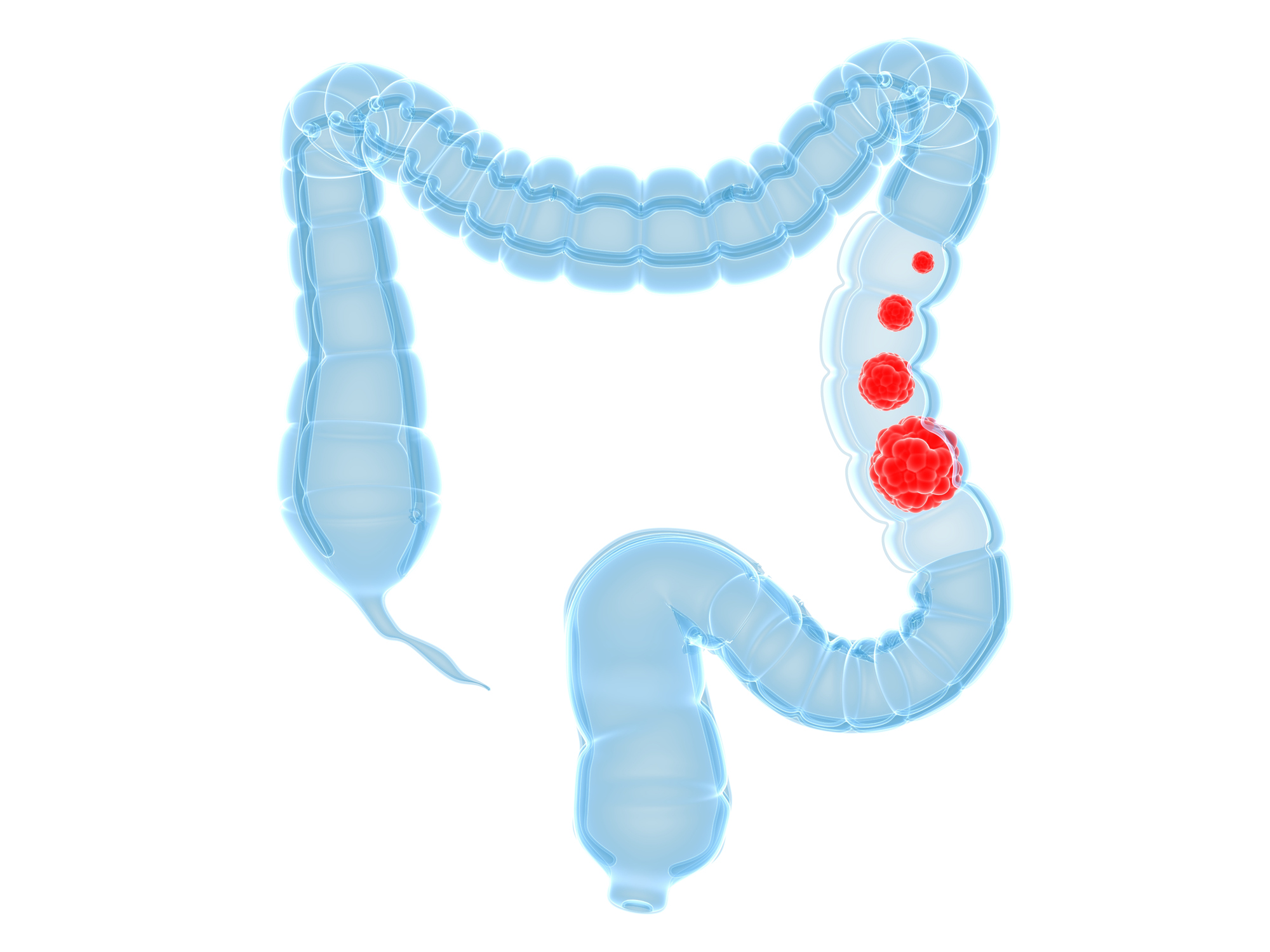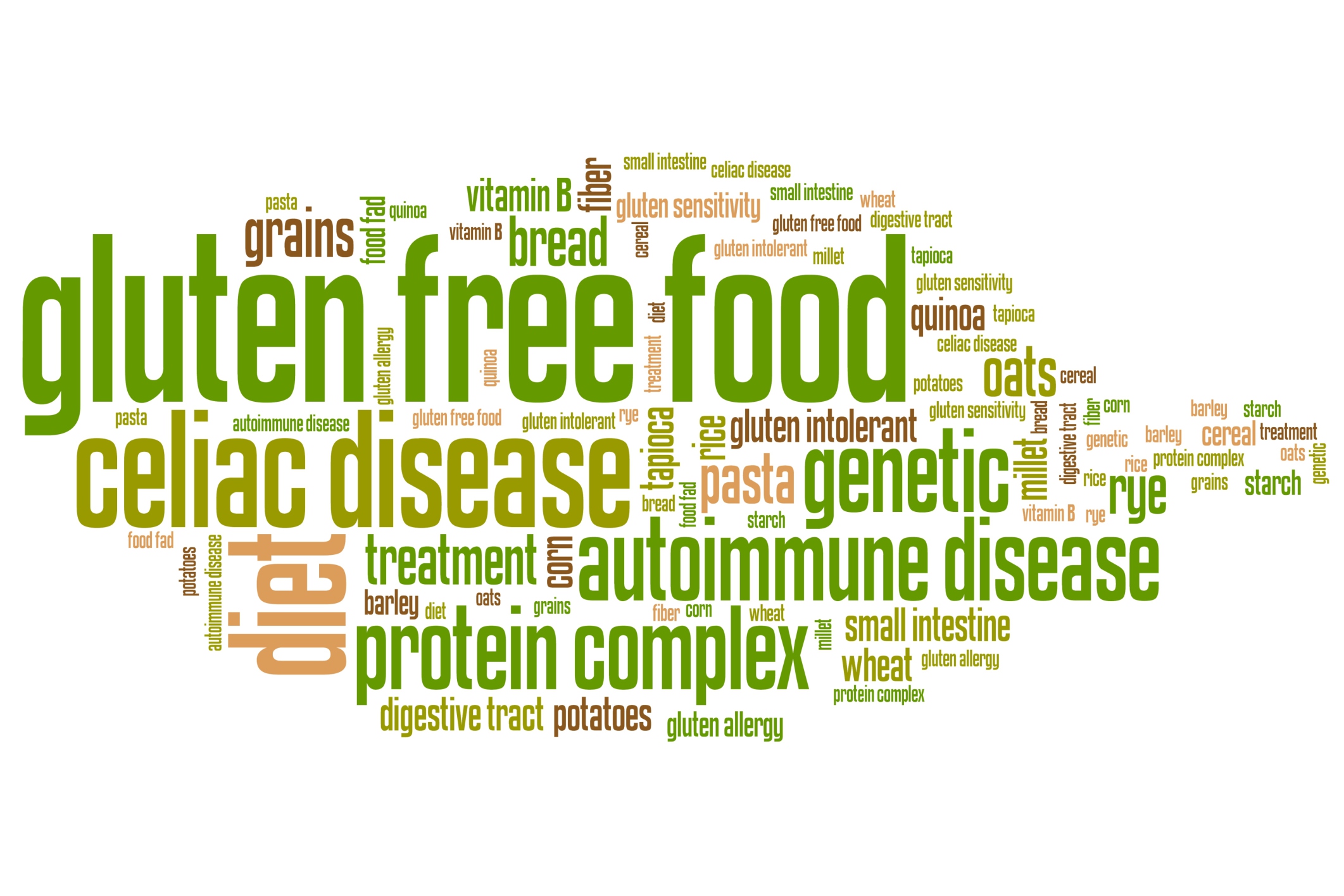Crohn’s disease vs. ulcerative colitis, differences in symptoms, causes, and treatment
Crohn’s disease and ulcerative colitis are part of the group of conditions known as inflammatory bowel diseases (IBD). Prior to the 20th century, before the rise of hygiene and urbanization, inflammatory bowel disease was quite rare. Currently, IBD is found in developed countries and is believed to be caused by a lack of germ resistance ...click here to read more

